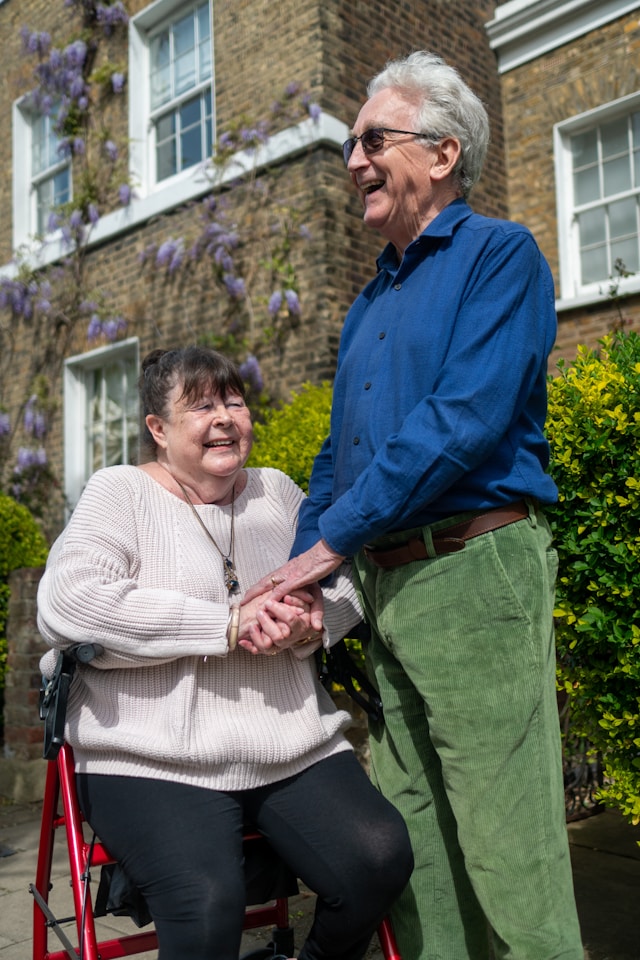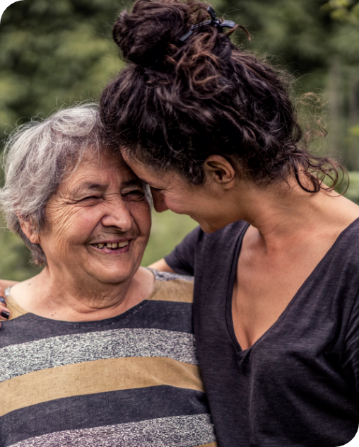
Regaining Independence Through Neuro Rehabilitation
Neurological rehabilitation is about helping people rebuild their lives following a serious injury or illness affecting the brain, spine, or nervous system. Whether someone is recovering from a stroke, living with the effects of a spinal cord injury, or adapting after a traumatic brain injury, neuro rehabilitation offers a pathway towards greater independence and improved quality of life.
This type of specialist care focuses on restoring as much function as possible. It’s never a one-size-fits-all approach. Instead, it’s shaped entirely around the individual – their condition, their goals, and the things that matter most to them.
A wide range of therapies may be involved, such as physiotherapy to support strength and movement, occupational therapy to help with everyday tasks, and speech and language therapy where communication or swallowing have been affected. All of these are delivered as part of a joined-up approach by a team of skilled professionals. Doctors, nurses, therapists and support staff work closely together to ensure that every element of care is carefully planned and coordinated.
Conditions Treated in Neurorehabilitation
Neurological rehabilitation supports people living with a wide range of conditions that affect the brain, spinal cord, and nervous system. Each person’s journey is different, but the aim remains the same – to help them regain as much independence and confidence as possible. Many residents come to us following a stroke or an acquired brain injury, where early rehabilitation can play a vital role in helping to re-learn skills, improve mobility, and support communication. Others may be living with a spinal cord injury, where specialist therapy can help manage pain, build strength, and maintain independence.
Neurorehabilitation is also used to support people with progressive conditions such as multiple sclerosis, Parkinson’s disease, or motor neuron disease. While these conditions may not be curable, the right combination of therapies and support can help manage symptoms, reduce complications, and improve day-to-day wellbeing.
Assessment and Goal Setting
Every successful rehabilitation journey begins with a clear understanding of the individual’s needs, abilities, and aspirations. That’s why we start with a thorough assessment – not only of physical health, but also of cognitive function, communication, emotional wellbeing, and daily living skills. We work closely with each person and their family to set meaningful, realistic goals. Whether someone wants to regain the ability to walk unaided, return to a favourite hobby, or simply manage everyday tasks more independently, these goals shape the care plan from day one.
Our rehabilitation plans are fully personalised and developed by our multidisciplinary team. They take into account the person’s condition, current abilities, and what matters most to them. These plans are living documents – reviewed regularly and updated as progress is made – so that care always stays relevant and responsive. We use well-established assessment tools and outcome measures to track progress and guide our approach. Importantly, we also work in close partnership with GPs, consultants, therapists, and other healthcare professionals to ensure every aspect of care is joined up and comprehensive.

Rehabilitation Therapies and Interventions
Rehabilitation is most effective when it’s built around the whole person – their physical, emotional, and cognitive needs. That’s why the medical team's approach brings together a range of specialist therapies, each designed to support different aspects of recovery, all working together to help residents achieve their goals.
Occupational therapy plays a key role in helping individuals regain independence with everyday tasks such as dressing, cooking, or using the bathroom. Therapists work one-to-one with residents to build confidence and develop practical skills that support day-to-day living.
Speech and language therapy is available for those who may have difficulties with speaking, understanding, or swallowing – often after a stroke or brain injury. Through tailored exercises and techniques, therapists support clearer communication and safer eating and drinking.
Physiotherapy focuses on movement, balance, and strength. Whether someone is learning to walk again or working to maintain mobility, this therapy helps improve physical function and reduce the risk of falls or discomfort.
Language and cognitive therapy, supports those whose thinking, memory, or understanding has been affected. This type of intervention is especially helpful for people with brain injuries or progressive neurological conditions.
Clinical neuropsychology provides guidance and therapeutic support. This can help with mood, motivation, and the adjustment to life after a neurological event.
All of this is delivered through a multidisciplinary team approach, with occupational therapists, speech and language therapists, physiotherapists, nurses, doctors, and other specialists working closely together. It’s this joined-up care that ensures every resident receives consistent, holistic support throughout their rehabilitation journey.
Community Support and Integration in Neurological Rehabilitation
Rehabilitation medicine doesn’t end when a resident leaves a care setting – in many ways, it’s just the beginning. A key part of our role is to ensure that each person feels supported as they move from a hospital or residential setting back into their own home and community.
Neuro rehab residential homes work closely with community services to help make that transition as smooth and safe as possible. This includes social workers, GPs, voluntary organisations, and local health teams – all coming together to build a network of support around the individual. Personalised care plans are developed with each person and their family, focusing on what they need to live well at home. These plans often include continued input from community-based rehabilitation services, such as occupational therapy, physiotherapy, and speech and language therapy, so progress doesn’t stop once someone leaves our setting.
Where appropriate, neurorehabilitation units also help to arrange ongoing support at home, whether that’s equipment to aid mobility, help with daily tasks, or regular therapy sessions. Families are always part of this process, with guidance and training offered to ensure they feel confident and well-informed. The aim is always to promote independence, dignity, and self-management, while making sure no one feels they have to navigate their recovery journey alone. With the right support in place, many people are able to return to the routines, relationships, and activities that bring them purpose and happiness.

Find Out More About Cherrybrook Care Home
If you or a loved one could benefit from specialist neurological rehabilitation and compassionate, personalised care, Cherrybrook Care Home is here to help. Contact our friendly team today to arrange a visit, discuss your needs, or learn more about our services.
